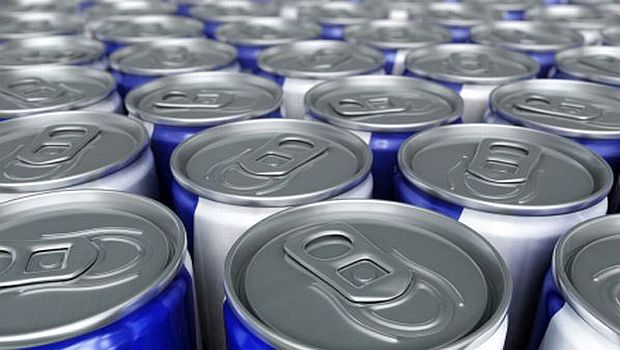The European Food Safety Authority concluded that caffeine is unlikely to interact adversely with other substances in energy drinks, such as taurine, or alcohol.

The European Food Safety Authority (EFSA) has found that consuming up to 400 milligrams (mg) of caffeine in a day, or a single dose of up to 200 mg, does not present a safety concern for adults. In the draft scientific opinion, the European agency also concluded that caffeine is unlikely to interact adversely with other substances in energy drinks, such as taurine, or alcohol.
Another key finding by ESFA was that daily consumption of 200 mg of caffeine by a pregnant woman does not raise a safety concern for the fetus. Other studies have found some association between caffeine and/or coffee consumption during pregnancy and certain risks, including the risks of childhood acute leukemia, low birth weight and miscarriage.
EFSA, an agency of the European Union, is soliciting written comments on the draft scientific opinion through a public consultation and planning a meeting in the first week of March to discuss the opinion.
“Single doses of caffeine up to 200 mg … from all sources do not raise safety concerns for the general adult population, even if consumed less than two hours prior to intense physical exercise under normal environmental conditions," EFSA stated in the draft.
Lisa Lefferts, senior scientist with the Washington, D.C.-based Center for Science in the Public Interest, said EFSA’s findings on the interaction between energy drinks and alcohol is inconsistent with the general consensus of experts, including the U.S. Food and Drug Administration (FDA), Centers for Disease Control and Prevention (CDC), and independent scientists.
FDA is studying the safety of energy drinks following a number of reports that have linked them to fatalities and other adverse health effects. Lefferts questioned whether ingredients in energy drinks other than caffeine are contributing to the adverse medical reports.
“I don’t think the answers are all in as to why energy drinks seem to be more hazardous than coffee drinks with comparable levels of caffeine," Lefferts said in a phone interview.
The EFSA’s findings bolster the position taken by energy-drink companies such as Monster Beverage and Red Bull that their products are safe.
"Contribution to total caffeine intake from energy drinks is negligible in children and less than 11 % in adolescents. By far the most caffeine consumption – for people of all ages – comes from other sources," Energy Drinks Europe, an association representing European producers of energy drinks, said in a statement, commenting on the draft. "One 250 ml can of energy drink typically contains about the same amount of caffeine as a cup of coffee (80 mg). This EFSA draft opinion confirms the safety of daily caffeine intakes of 3 mg per kg of body weight for children and adolescents (3-18 years) and up to 400 mg for adults."
UNESDA, an organization representing the European soft drinks industry, said it was reviewing the draft opinion and assessing how it might engage in the consultative process.
“EFSA opinions are crucial in providing the soft drinks industry with clarity based on sound science," Sam Rowe, a spokeswoman for UNESDA, said in an emailed statement. “Such guidance from Europe’s leading food safety authority is also invaluable in providing full confidence to our consumers."
The BEUC (European Consumer Organisation) wasn’t as impressed with the findings from the EFSA.
“We are a bit surprised with some of EFSA’s draft recommendations in that they deviate quite substantially from previous opinions by other food safety agencies worldwide (e.g. ANSES in France)," said Camille Perrin, senior food policy officer at BEUC, in a statement. “We must be very cautious as what we have on the table now is only a draft opinion, which is out for public consultation and might therefore be amended as a result."
For instance, Perrin said consumers should not interpret the 400 mg caffeine limit as a sign that it’s OK to drink up to five energy drinks in a day. “Those are high in sugar and are often mixed with alcohol," she said, “which can expose consumers to several health risks."
About the Author(s)
You May Also Like






.png?width=800&auto=webp&quality=80&disable=upscale)